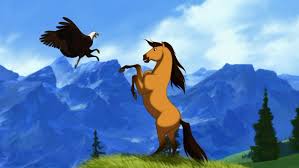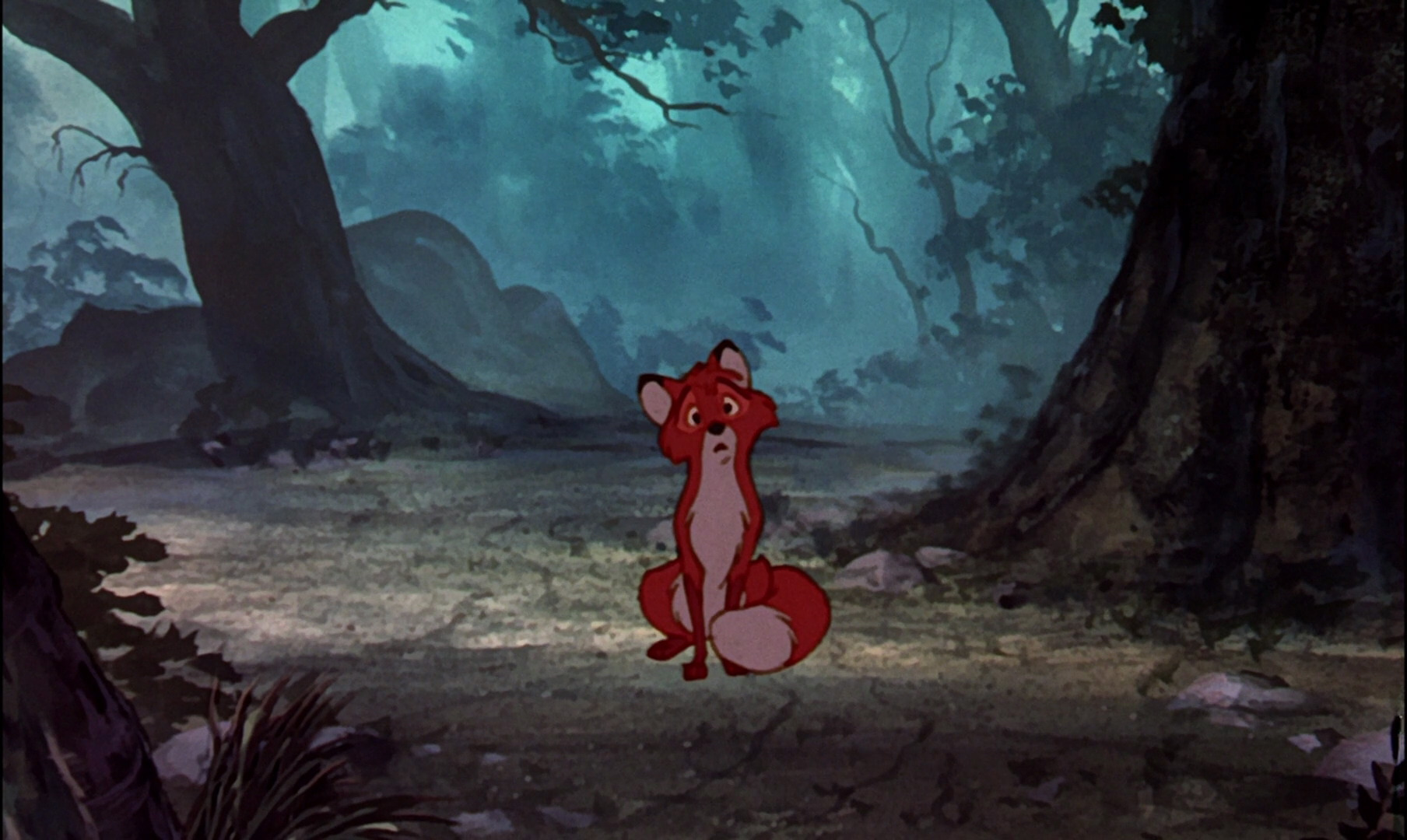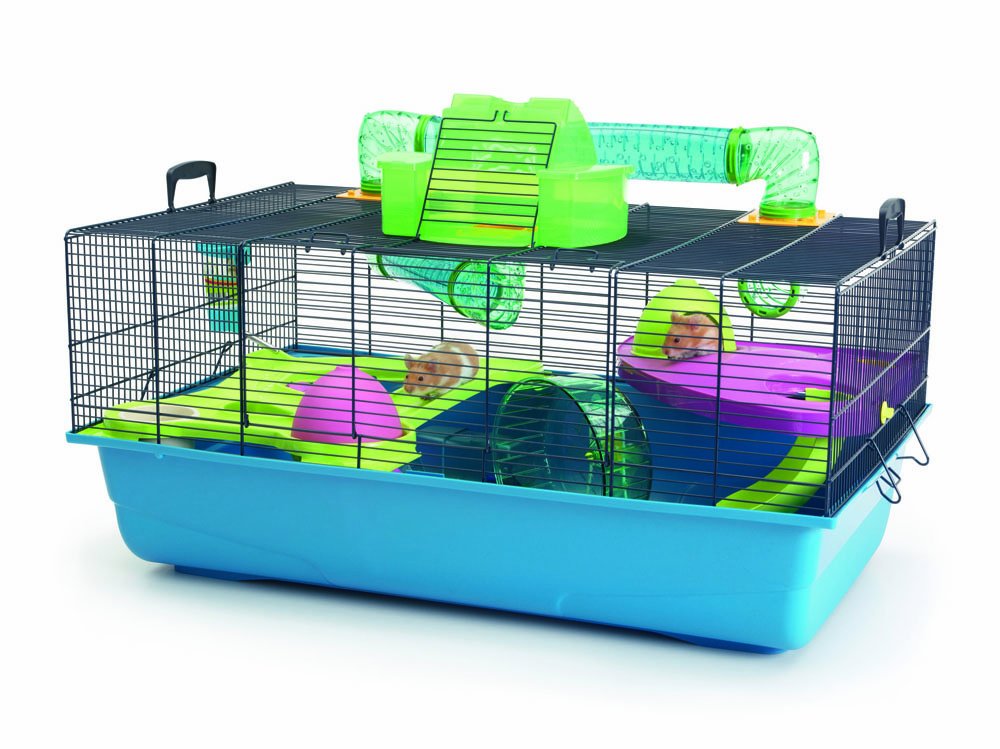Translation: It’s Cruel to Keep Pets without Debilitating Deformities
One of the most infuriating criticisms regarding my
ownership of natural state animals is this notion that I am somehow being cruel
because my pets are healthy and physically fit.
What?
OK, no one uses those exact words, but when it boils down to
it, this is essentially being claimed to those who can’t think beyond the
domestication myth dogma. You’ve probably heard this many times if you participate
in the exotic pet debate; because exotic pets can allegedly survive in the wild
and domesticated animals cannot, it is cruel to force exotic animals to be pets
and OK for ‘domesticated’ pets.
This idea is so unfathomably stupid because, without even
getting into the ethical crux of selectively breeding animals to not be able to
survive in the ‘wild’ and what that entails, it is just completely untrue.
So many domesticated animals not only survive, but flourish
in the wild, by evolutionary fitness standards
 |
| Domesticated and Unbreakable! |
anyway.
It might not be a
paradise out there for feral cats, but they produce numerous viable offspring,
and that’s all it takes for a species to do well; it doesn’t matter if most
will succumb to an untimely death at 3 years old, nature doesn’t promote animal
well-being, just survival.
There are also feral populations of swine, rock
doves, horses, dogs, and minks. So, this idea of domesticated animals being
unable to persevere in the wild is pure hooey.
Also, just because an animal is natural state doesn’t mean
that it can survive outside either. When most exotic pets are human-imprinted, or hand-raised, they do not have the
skills to survive in the wild. Setting them free would be akin to tossing a
human couch potato into the jungles of Borneo. Most freed or escaped exotic pets die, even if the climate is to
their liking.
If anything, domesticated pets are better survivors because
humans tend to pick adaptable species as the best domestication candidates.
This is why the domestic cat has spread like a cancer throughout North America
and isolated islands, also breeding and hybridizing with their
progenitors to cause that
undomesticated species to become threatened
in some regions.
 |
| Your abandoned exotic pet |
Now, what’s this idea about it only being ethical to own
animals that can’t survive without us? As I’ve just explained, many domesticated animals
can adapt to life in the ‘wild’, depending on the ‘wild’, but those that do
must possess adequate physical health and the ability to find food to do so.
Exotic pets are typically at an advantage over some domesticated animals,
because a lot (but not all) of domesticated animals have been selectively bred
to the point of physical and mental
debilitation.
The most obvious example is
the bulldog, making the top 10 list of America’s favorite breeds annually, it
cannot even mate without human assistance. It is riddled with health problems
and horrendous jaw structure.
But that’s OK because
it’s supposed to be that way, the
same anti-logic exercised when I’m told my exotic pets are ‘supposed’ to be in
the wild because, y’know, that's what I was raised to accept seeing.
So we know that bulldogs, pugs, and numerous other popular
dog breeds would never make it on their own so it’s fine and dandy for us to
own them. They are ‘domesticated’ in a way that debilitates them, so they need
us. My spotted genet can breathe through his nose and run like the wind, so he ‘belongs’
in the wild where he can enjoy evading predators until his premature death.
This way of thinking comforts people. A place for everything
and everything in its place. No brains required, just accept it.
What’s often overlooked is that WE are responsible for
how these dogs and other animals turn out so their fate is in our hands. I’ve
decided that it is far more ethical for me to own my exotics than to
intentionally incapacitate Canis
familiaris or any other species. That’s how I see things. I detest many
forms of dog breeding but have no plans on trying to enforce laws that will
cause people to lose their ability to own the pets of their choice.
Why can’t
people afford me the same consideration?




